 OTHER BOOKS BY RICHARD NELSON AVAILABLE FROM TCG Franks Home Goodnight Children Everywhere and Other Plays INCLUDES: Frannys Way New England Some Americans Abroad Two Shakespearean Actors Rodneys Wife IN A TRANSLATION SERIES WITH RICHARD PEVEAR AND LARISSA VOLOKHONSKY: The Inspector The Cherry Orchard A Month in the Country
OTHER BOOKS BY RICHARD NELSON AVAILABLE FROM TCG Franks Home Goodnight Children Everywhere and Other Plays INCLUDES: Frannys Way New England Some Americans Abroad Two Shakespearean Actors Rodneys Wife IN A TRANSLATION SERIES WITH RICHARD PEVEAR AND LARISSA VOLOKHONSKY: The Inspector The Cherry Orchard A Month in the Country 
 The Apple Family: Scenes from Life in the Country is copyright 2014 by Richard Nelson That Hopey Changey Thing, Sweet and Sad, Sorry and Regular Singing are copyright 2014 by Richard Nelson Introduction is copyright 2014 by Oskar Eustis The Apple Family: Scenes from Life in the Country is published by Theatre Communications Group, Inc., 520 Eighth Avenue, 24th Floor, New York, NY 10018-4156 All rights reserved. Except for brief passages quoted in newspaper, magazine, radio or television reviews, no part of this book may be reproduced in any form or by any means, electronic or mechanical, including photocopying or recording, or by an information storage and retrieval system, without permission in writing from the publisher. Professionals and amateurs are hereby warned that this material, being fully protected under the Copyright Laws of the United States of America and all other countries of the Berne and Universal Copyright Conventions, is subject to a royalty. All rights, including but not limited to, professional, amateur, recording, motion picture, recitation, lecturing, public reading, radio and television broadcasting, and the rights of translation into foreign languages are expressly reserved. Particular emphasis is placed on the question of readings and all uses of this book by educational institutions, permission for which must be secured from the authors representative: Patrick Herold, ICM Partners, 730 Fifth Avenue, New York, NY 10019, 212 556-5600. The publication of The Apple Family: Scenes from Life in the Country, by Richard Nelson, through TCGs Book Program, is made possible in part by the New York State Council on the Arts with the support of Governor Andrew Cuomo and the New York State Legislature.
The Apple Family: Scenes from Life in the Country is copyright 2014 by Richard Nelson That Hopey Changey Thing, Sweet and Sad, Sorry and Regular Singing are copyright 2014 by Richard Nelson Introduction is copyright 2014 by Oskar Eustis The Apple Family: Scenes from Life in the Country is published by Theatre Communications Group, Inc., 520 Eighth Avenue, 24th Floor, New York, NY 10018-4156 All rights reserved. Except for brief passages quoted in newspaper, magazine, radio or television reviews, no part of this book may be reproduced in any form or by any means, electronic or mechanical, including photocopying or recording, or by an information storage and retrieval system, without permission in writing from the publisher. Professionals and amateurs are hereby warned that this material, being fully protected under the Copyright Laws of the United States of America and all other countries of the Berne and Universal Copyright Conventions, is subject to a royalty. All rights, including but not limited to, professional, amateur, recording, motion picture, recitation, lecturing, public reading, radio and television broadcasting, and the rights of translation into foreign languages are expressly reserved. Particular emphasis is placed on the question of readings and all uses of this book by educational institutions, permission for which must be secured from the authors representative: Patrick Herold, ICM Partners, 730 Fifth Avenue, New York, NY 10019, 212 556-5600. The publication of The Apple Family: Scenes from Life in the Country, by Richard Nelson, through TCGs Book Program, is made possible in part by the New York State Council on the Arts with the support of Governor Andrew Cuomo and the New York State Legislature.
Special thanks to Long Wharf Theatre for its generous support of this publication. TCG books are exclusively distributed to the book trade by Consortium Book Sales and Distribution. Due to space constraints of this copyright page, credit information for excerpted material may be found at the back of the book. LIBRARY OF CONGRESS CATALOGING-IN-PUBLICATION DATA Nelson, Richard, 1950 The Apple family : scenes from life in the country / Richard Nelson. pages cm ISBN 978-1-55936-775-2 (ebook) 1. 2. 2.
Domestic drama. I. Title. PS3564.E4747A85 2014 812.54dc23 2014006961 Book design and composition by Lisa Govan Cover design by Mark Melnick Cover photograph: Arvind Garg / The Image Bank / Getty Images First Edition, November 2014 CONTENTS By Oskar Eustis T he Apple Family: Scenes from Life in the Country began with Richard Nelson not giving me what I wanted. It was early in 2009. I had asked Richard out to breakfast and proposed that he write a large-scale, research-based play, set in Washington, about our war in Afghanistan.
Early in my tenure at The Public Theater, in the spring of 2006, we had produced David Hares remarkable play Stuff Happens, about the origins of our war in Iraq. I loved everything about that play, and its production, with one exception: the only play on the subject we had was written by a Brit. A Brit we loved and admired, but nonetheless a Brit. We had no Americans writing that kind of large-scale, public-issue plays with the expertise and craft that Hare brought to Stuff Happens. And no wonder, as I said publicly at the time: for thirty years Hare had been writing large-cast, big-issue plays, and every year the National Theatre of Great Britain produced them. He could master the challenges of the epic form, and write with tremendous speed and grace, because he had been afforded a lifetimes worth of production opportunities to hone his skills.
It isnt that American writers cant do this work: its that the American theaters hadnt given them the opportunity and demand to do so. After deep discussions within our artistic staff, we determined that Richard was the writer we were close to who had all the brains, knowledge and artistry to pull off such a task. Our relationship was long-term and deep; we had just had a wonderful success with Richards Conversations in Tusculum; we knew Richard could write both rapidly and with depth; and his long-term interest in politics and curiosity about the world made him, we reasoned, a perfect candidate for this job. Richard is also unfailingly polite and, as I remember, he let me talk at great length about my proposal, making occasionally encouraging replies. I did notice that there was one aspect, in particular, that seemed to excite him about the project: the idea that we would work rapidly, setting an opening date as soon as we shook hands on the commission. We parted with him agreeing to come back to me with a proposal.
Within a week he did. His proposal was almost exactly what you now have in your hands, the only substantive difference being that originally there were only three Apple Family plays. The fourth was conceived after the success of the first. Richard suggested a set of family plays, all set in the Apple Family household in Rhinebeck, New York, all opening on the day they were set, and therefore all being rewritten up to the last minute. Each of the opening days would be a date of national significance, and hence have a public aspect to them, and yet the plays would be very much intimate, conversational, family dramas. His proposal brilliantly fulfilled one of The Publics desires: to have plays that deal with great national events in a timely (how could they be more timely!) fashion, and completely ignored our desire to have an epic play about our war in Afghanistan.
From such selective responses great artists make their work. We agreed, and set the opening dates for the first three Apple Family plays then and there: November 2, 2010 (the date of the midterm elections); September 11, 2011 (the tenth anniversary of 9/11); and November 6, 2012 (presidential election day). The fourth play, conceived later, was set on November 22, 2013, fifty years after JFK was shot in Dallas. In order to fulfill that plan, we had to create a company of actors, and we were blessed to assemble an amazing group: Jay O. Sanders, Maryann Plunkett, Laila Robins and Jon deVries were with us for the whole journey; J. J. and Shuler were brilliantly replaced by Sally Murphy and Stephen Kunken. and Shuler were brilliantly replaced by Sally Murphy and Stephen Kunken.
In this way, we achieved that rarest of American theatrical beasts, a long-term (albeit small) acting company. These actors, and the extraordinary brilliance of their playing, demonstrated the powerful artistic rewards of long-term ensemble acting. This process also revealed what writers have known at least since Shakespeares time, but which the current American theater rarely allows: playwrights benefit enormously when they are writing for specific actors who they know well. Characters can develop in amazing complexity and depth when they are the creation, not only of the writer who composes them, but of the actor who embodies them. The creation of this mini-company was a huge achievement in its own right, reminding us that one of the core original promises of the not-for-profit theater movement was to create better working (and living!) conditions for our actors. The plays themselves turned out to be minor miracles, intimate conversations of a depth and thematic resonance we rarely experience in the theater.
Next page

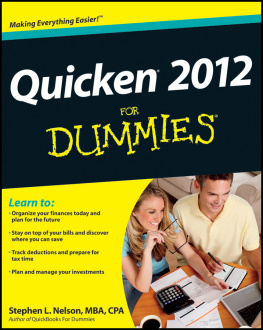
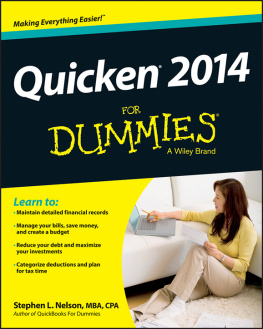


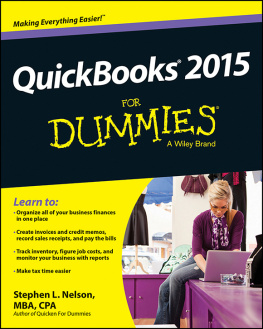
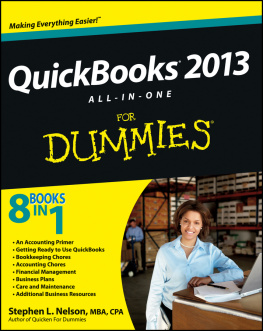
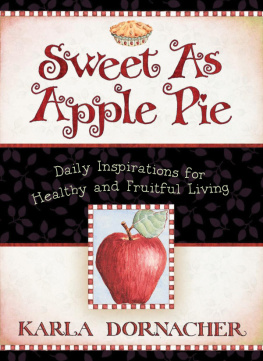
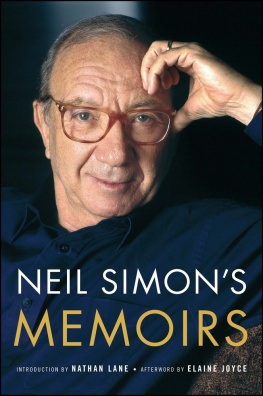

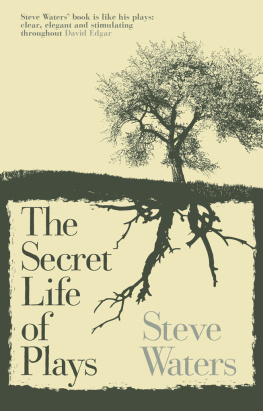
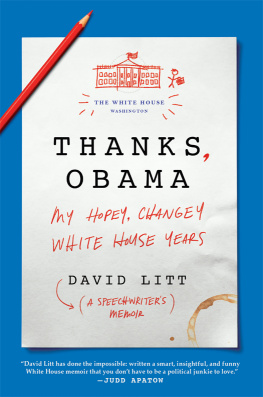
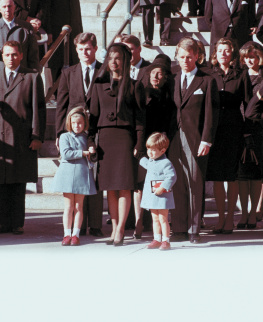
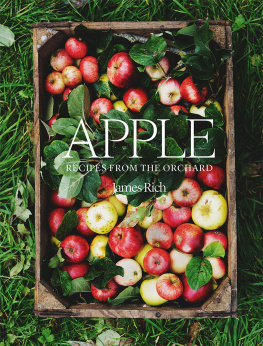
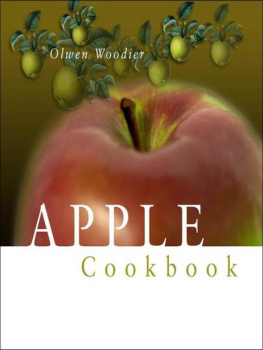
 OTHER BOOKS BY RICHARD NELSON AVAILABLE FROM TCG Franks Home Goodnight Children Everywhere and Other Plays INCLUDES: Frannys Way New England Some Americans Abroad Two Shakespearean Actors Rodneys Wife IN A TRANSLATION SERIES WITH RICHARD PEVEAR AND LARISSA VOLOKHONSKY: The Inspector The Cherry Orchard A Month in the Country
OTHER BOOKS BY RICHARD NELSON AVAILABLE FROM TCG Franks Home Goodnight Children Everywhere and Other Plays INCLUDES: Frannys Way New England Some Americans Abroad Two Shakespearean Actors Rodneys Wife IN A TRANSLATION SERIES WITH RICHARD PEVEAR AND LARISSA VOLOKHONSKY: The Inspector The Cherry Orchard A Month in the Country 